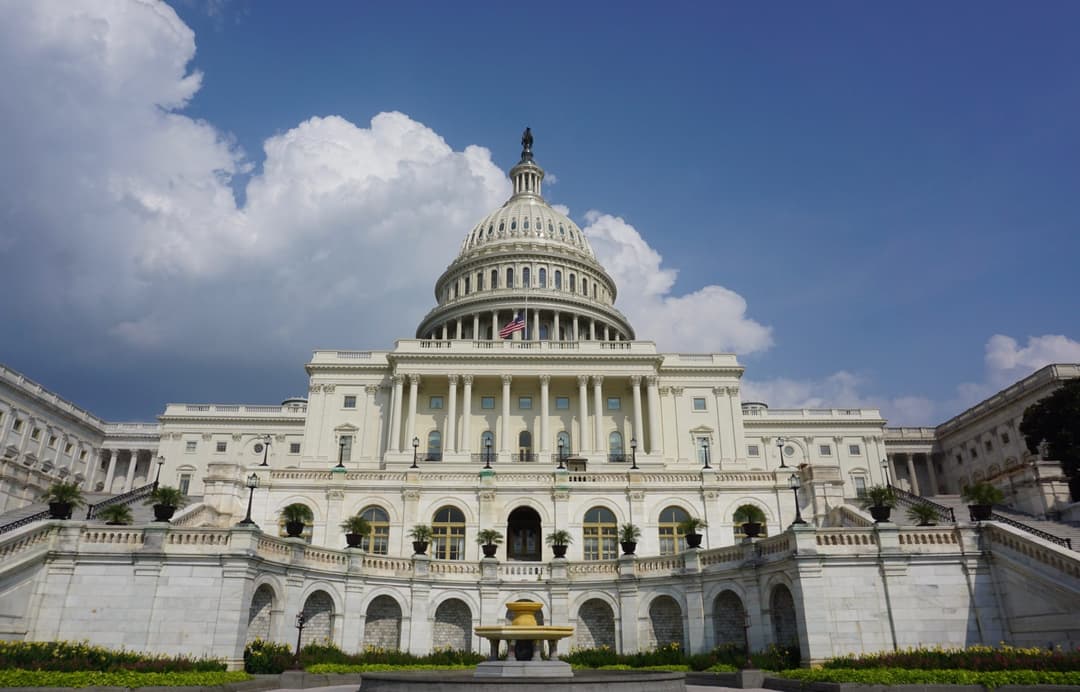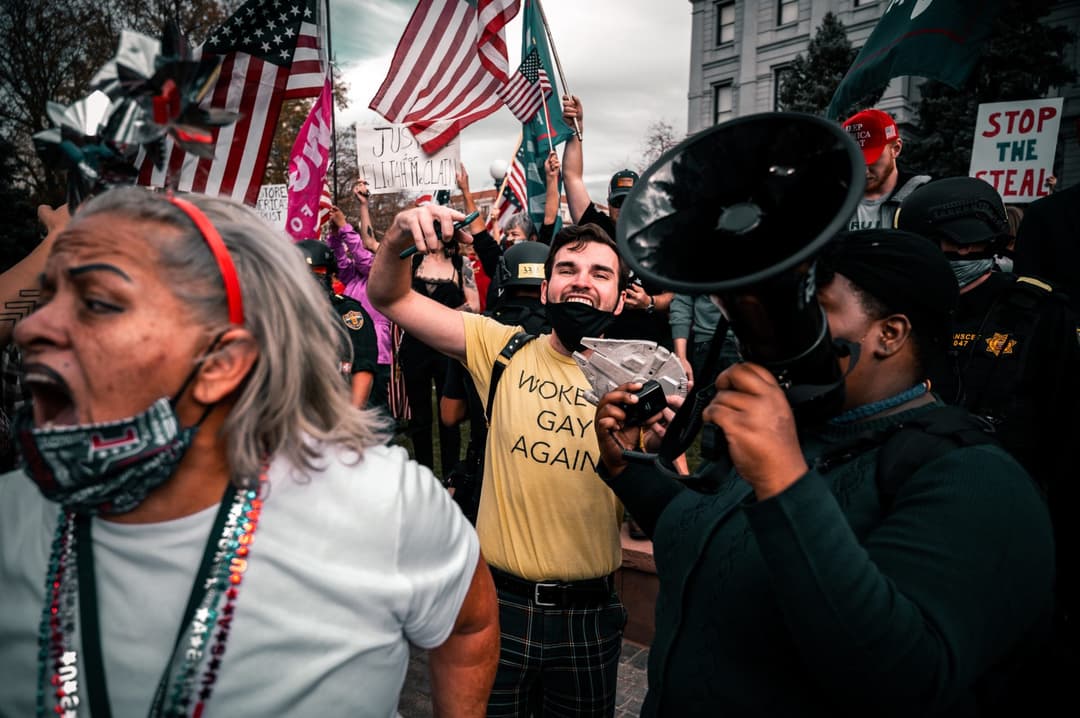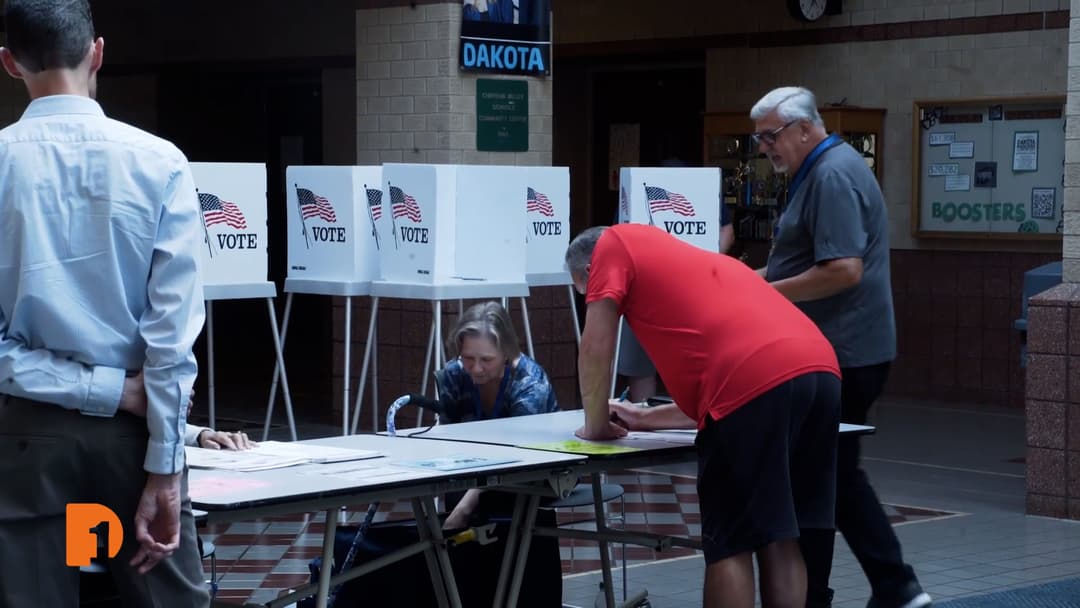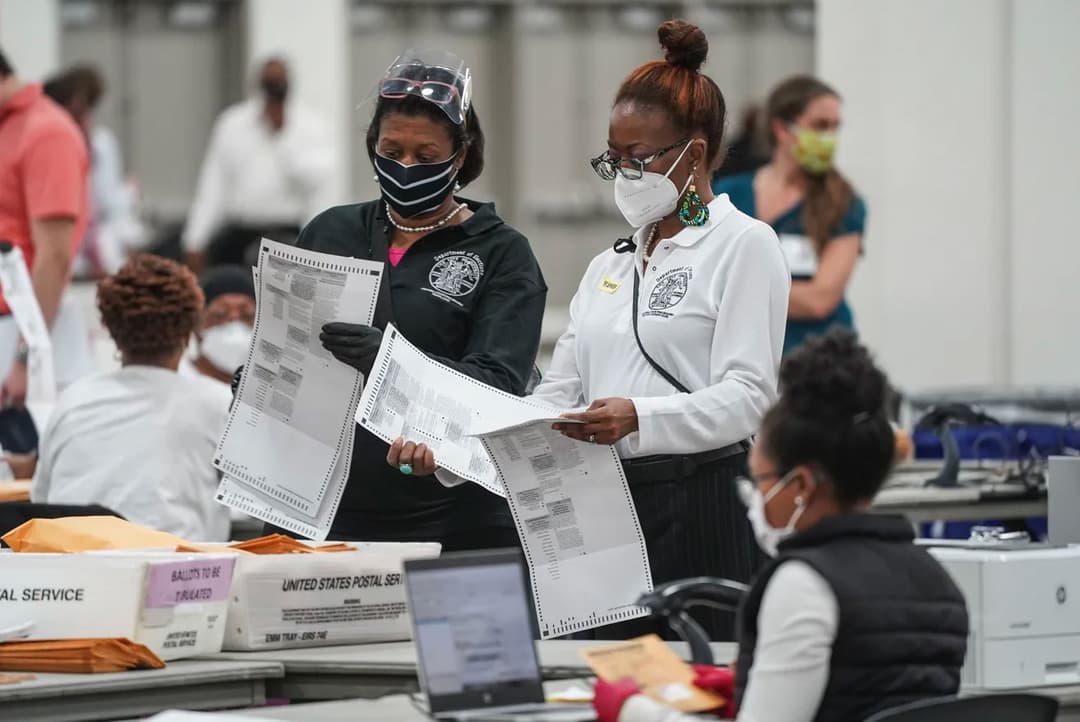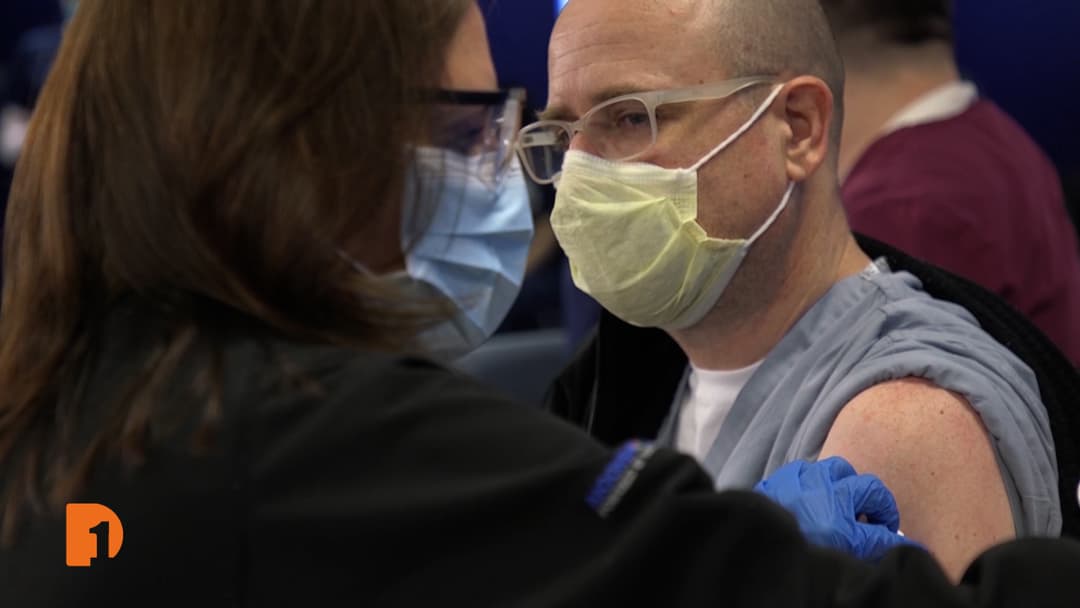The problems when talking politics in the workplace
Nov 5, 2020
Your water cooler, real or virtual, might be rife with political talk with this week’s election. Legally speaking, there are rules.
One Detroit’s Bill Kubota talks with attorney Terry Bonnette about how far employees and employers can go in expressing their politics in the workplace.
Bonnette specializes in issues regarding employment. He represents businesses at Nemeth Law in Detroit. He tells One Detroit that private firms can curtail political speech on the job, while management has some rights to express political opinions as it affects business. But all this has become more problematic with many of us meeting online, virtually.
Read full transcript
Bill Kubota, DPTV We are with Terry Bonnette attorney with Nemeth Law in Detroit. Thanks for talking to us today.
Terry Bonnette, Attorney, Nemeth Law I’m glad to do it, Bill. How are you?
Bill Kubota, DPTV I’m good. You know, you work with the companies regarding labor issues and we’re talking about election year politics in the workplace. What have you’ve been hearing these days?
Terry Bonnette, Attorney, Nemeth Law Well, we’re hearing the same thing we hear every four years, but we’re hearing more of it. And we’re we’re hearing it in different way. Now know every time the election cycle rolls around, I think we see that workplace politics get a little bit more divisive. And on top of that, we’re seeing that the workplace itself has changed. Now we’re talking about people in their own homes communicating like we’re communicating right now over some sort of video conferencing platform. I think a lot of people would agree. There’s certainly anecdotal evidence that people actually tend to be more polite over video conferencing. I don’t know if it’s the mediated format or if, but but typically people are better behaved on camera than not on camera. But conversely, we’re also seeing people forget about what might be in the background, whether they have, you know, their their political candidate posters hanging behind them on their wall or whether they’re wearing logos on their clothing or hats to meetings. The communication is happening in a different way.
Bill Kubota, DPTV Now, bring that to from a legal point of view, can you wear a hat or a shirt pushing a particular candidate or cause to work online or at work?
Terry Bonnette, Attorney, Nemeth Law Right. And I think that’s going to come down to whether you work for a private employer or a public employer and what your employers stand on that end. Private employers are generally free to dictate or to have rules in place about what an employee can and cannot wear to work.
TV Anchor, News 5 Cleveland Tonight, President Trump going head to head with one of Akron’s largest employers.
Bill Kubota, DPTV Down in Ohio Goodyear popped up in the headlines. Seems like a thousand news cycles ago, actually was just August. Company policy banned political apparel like Make America Great Again hats, but not Black Lives Matter stuff. That’s because Goodyear, like many other companies, decided BLM is not political or partisan. That didn’t sit well with someone.
TV Anchor, News 5 Cleveland This morning, the President sending this tweet urging people not to buy Goodyear tires.
KING5 Seattle And it’s this Black Lives Matter button handed out by his union, that’s now at the center of a labor dispute.
Bill Kubota, DPTV In Seattle flipside of the same issue.
TV Anchor, King5 Seattle Ohio based Kroger, which owns both QFC and Fred Meyer stores here in the Northwest, said employees can’t wear the button on the job anymore.
Bill Kubota, DPTV Store management came up with an alternative plan. Instead of buttons it passed out “Standing Together” wrist bands, a solution not so satisfying for some.
QFC Employee And standing together for what?
Bill Kubota, DPTV The question, though, is what about your boss? Can your boss be talking a lot about politics, maybe even trying to get you to vote a certain way?
Terry Bonnette, Attorney, Nemeth Law Maybe. How’s that for a lawyer answer? Actually, federal campaign regulations dictate, you know, what would be considered corporate speech. And you’re going to have to look at is the boss, you know what level if is if my mid-level supervisor that just happens to have an opinion on that and is expressing that opinion. Probably not going to implicate federal campaign law, but certainly if this is the owner of the organization. This is the president of the organization. If this is the chief financial officer of an organization, that person creates the appearance that they’re speaking on behalf of the organization. And then the corporation is engaging in political speech. Is the president of a corporation legally permitted to say, vote for candidate X or you don’t have a job here then? Certainly not. Michigan’s election laws prohibit employers from taking coercive measures in order to dictate the outcome of a vote. Same thing you an employer can offer a bonus or a reward for voting a particular way. Those would all violate those election laws.
Bill Kubota, DPTV Now, let’s look at some other outward items of expression, masks, masks in the workplace.
PBS News Hour President Trump this week suggested some people choose to wear masks not for protection, but to signal they don’t like him. And with rare exception, the president has repeatedly refused to wear a mask in public.
Bill Kubota, DPTV It could almost be seen as a political statement whether you wear or don’t wear a mask. And what are employers empowered to do or not do regarding all of that?
Terry Bonnette, Attorney, Nemeth Law Well, we’re talking about two different sets of laws now we’re talking about, health regulations we’re talking about oh show. We’re talking about Miyoshia, where we’re talking about executive orders that depending on this, when this airs, may or may not still be in effect. But certainly at this point in time, if an employer is open and they have employees in the workplace, they are required to abide by certain safety protocols. And one of those is that employees must wear masks when they are in common areas. If an employee chooses not to wear a mask, certainly employers have to take the appropriate action to address that situation to the extent that that is political speech. I think that we’re getting into some interesting areas about what is speech. First of all, certainly a private employer can limit the type of speech or the subject matter of speech. So long as they’re not violating one of those other regulations or rules that we talked about. But I would also say that to the extent and now we’re talking about, you know, something that probably doesn’t apply legally to private employers. But certainly from just a communication standpoint, it any right to free speech that a person has is limited when it becomes dangerous. You can’t yell fire in a crowded movie theater. So to the extent that, you know, a speech would endanger somebody else, I think it’s okay to limit that speech.
Bill Kubota, DPTV [Terry Bonnette, Nemeth Law in Detroit, thanks for talking to One Detroit.
Terry Bonnette, Attorney, Nemeth Law Thank you very much, Bill. Take care.
Stay Connected
Subscribe to One Detroit’s YouTube Channel and don’t miss One Detroit on Thursdays at 7:30 p.m. and Sundays at 9 a.m. on Detroit PBS, WTVS-Channel 56.
Catch the daily conversations on our website, Facebook, Twitter @OneDetroit_PBS, and Instagram @One.Detroit
Related Posts
Leave a Reply
Your email address will not be published. Required fields are marked*







